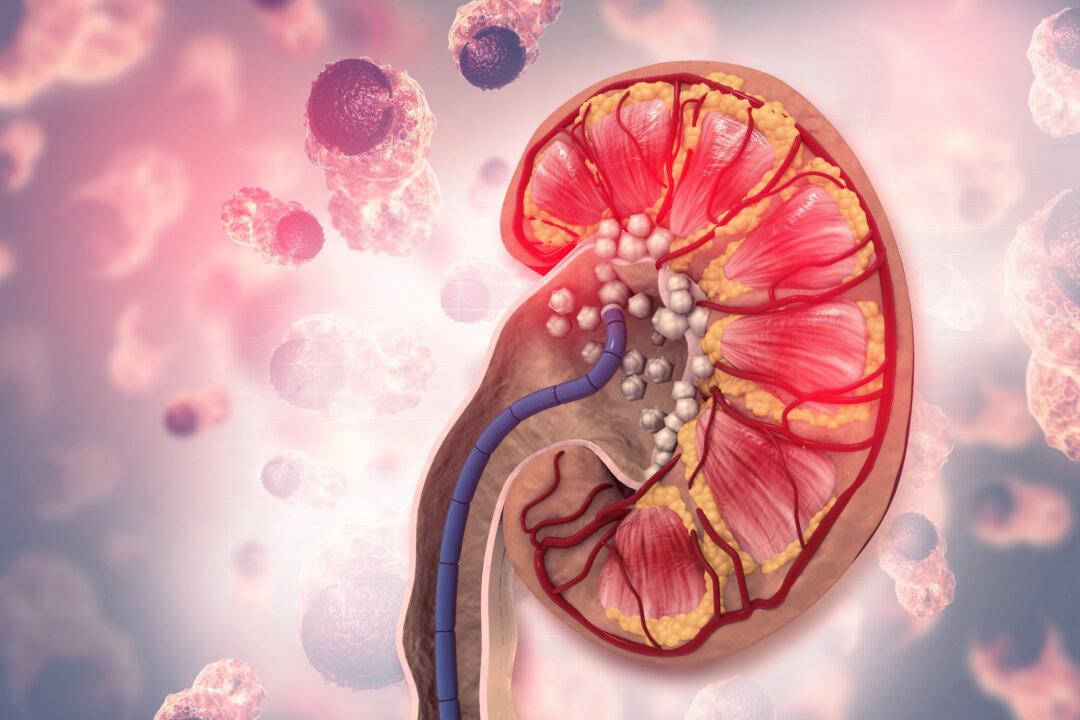Vitamin D is a health supplement that many people take regularly, but a recent study found that one type of vitamin D may exacerbate Alzheimer’s disease. In light of this finding, how should we supplement vitamin D correctly?
Alzheimer’s disease (AD) has complex mechanisms, of which much is still unknown.






